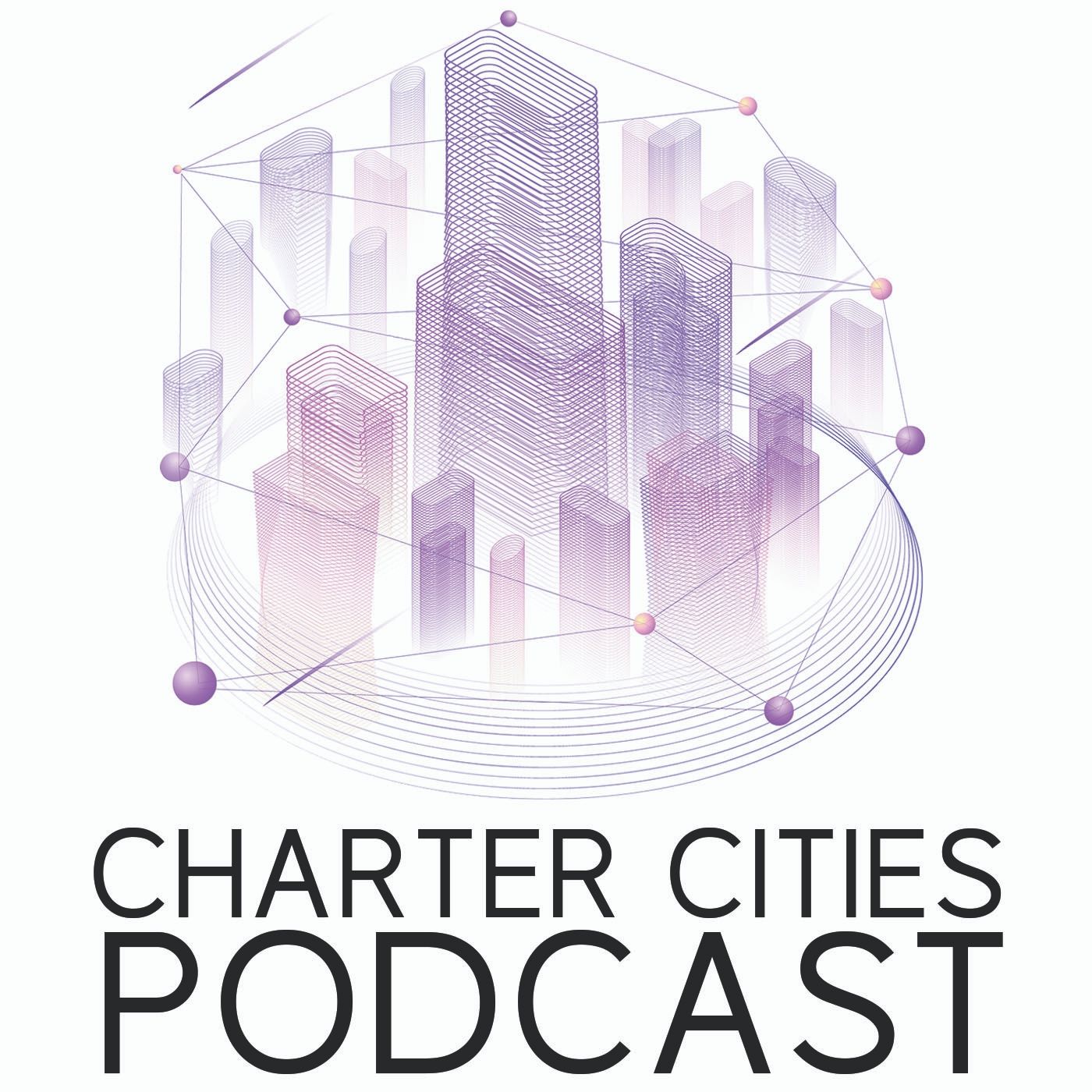The Political Economy of Special Economic Zones with Lotta Moberg

Charter cities can be thought of as the next generation of special economic zones. Today’s guest is Lotta Moberg, a macroeconomic analyst at the Dynamic Allocations Strategies team at William Blair in Chicago. Lotta is considered somewhat of an expert on special economic zones, given that her dissertation explored the entrepreneurial state and the government as an entrepreneurial and commercial actor, as well as special economic zones. This is also the topic of her book, The Political Economy of Special Economic Zones. In this episode, we discuss everything there is to know about special economic zones, including knowledge and incentive problems, economic activity versus political need, concentrating resources versus implementing them in the economy as a whole, and private versus government initiatives. Lotta shares some of the key determinants for successful special economic zones, the importance of regulatory reform, and why China has been so successful in implementing them, as in the case of Shenzhen. We also go into the differences between charter cities and special economic zones and how the two can complement each other. Tune in today to find out more!
Key Points From This Episode:
• How Lotta got into the special economic zone space through development economics.
• Thinking about market development, and what drew Lotta to special economic zones.
• Lotta explains the knowledge problem and how it relates to appropriate resource allocation.
• How resources are potentially allocated in a market economy versus a socialist economy.
• The incentive problem as it relates to specific zones and what incentivizes those in charge of those zones to spend unnecessarily on them.
• Generating economic activity versus benefiting political need, which can harm the economy.
• Measuring whether a special economic zone is successful or unsuccessful is difficult.
• Concentrating resources to attract foreign investors versus implementing them in the economy as a whole and allowing investors to pick their location.
• Agglomeration through private initiatives versus government initiatives with specific benefits.
• Special economic zone or charter city level reform versus a national level reform.
• Key determinants for successful special economic zones, including regulatory reforms.
• The difference between charter cities and special economic zones is governance.
• Why Lotta believes that China’s special economic zones, like Shenzhen, were so successful.
• Why it’s difficult to replicate a special economic zone like Shenzhen elsewhere in the world.
• Looking at a charter city like a conglomerate and approaching the knowledge and incentive problem in the case of a charter city.
• How the charter city space has evolved and how to spread the message more effectively.
• How charter cities and special economic zones can complement one another.
Links Mentioned in Today’s Episode: